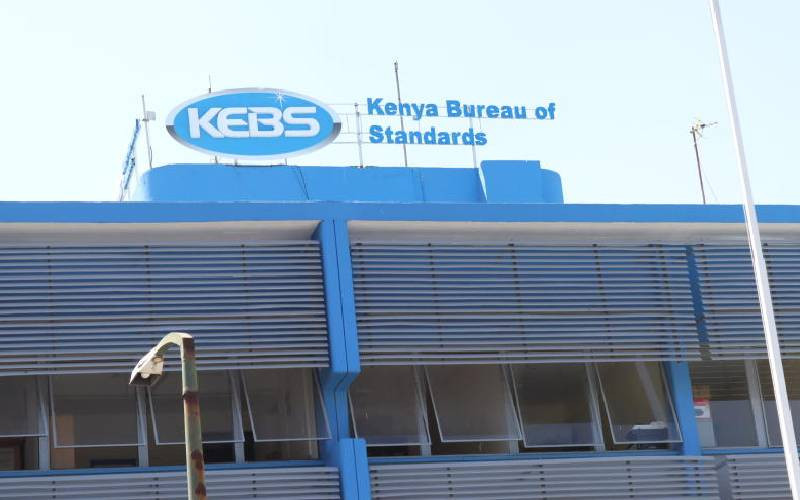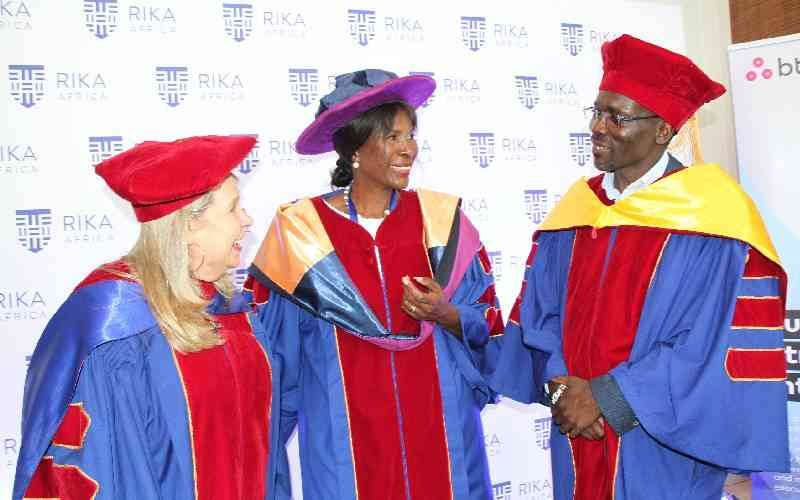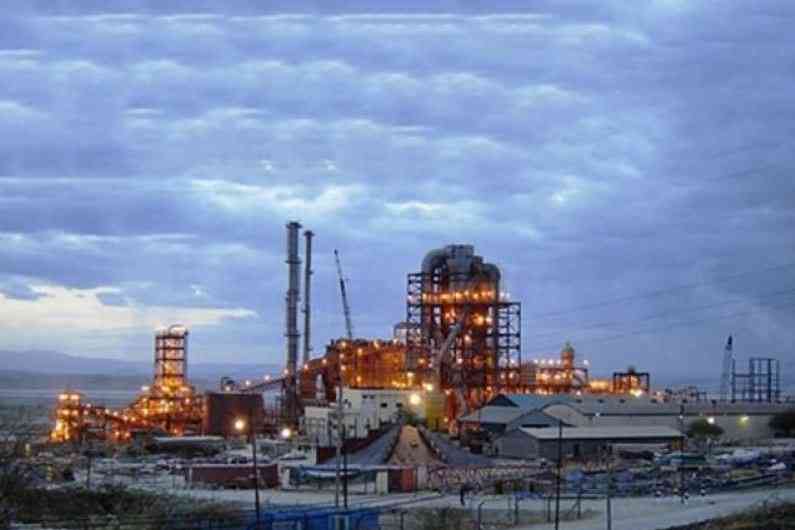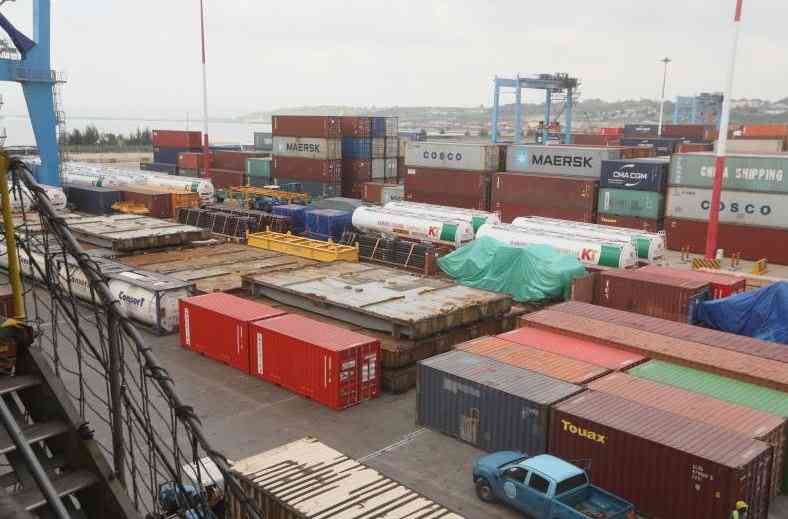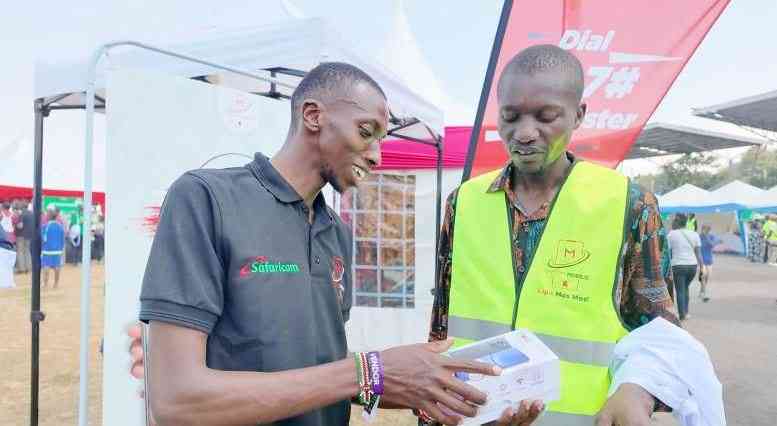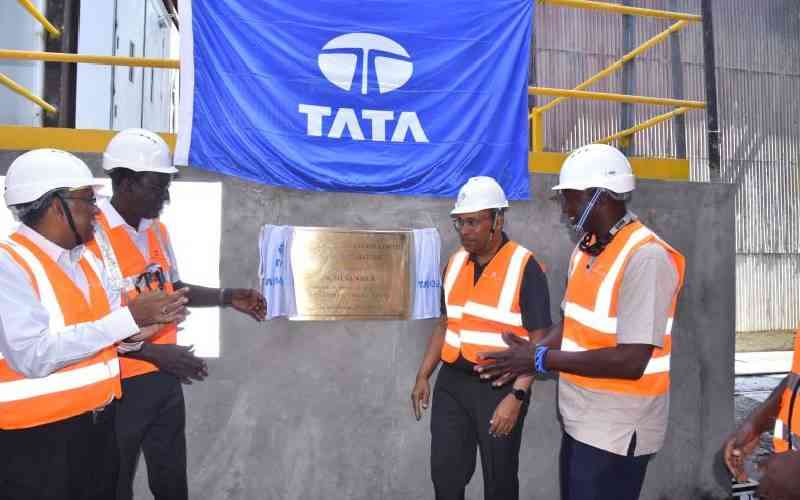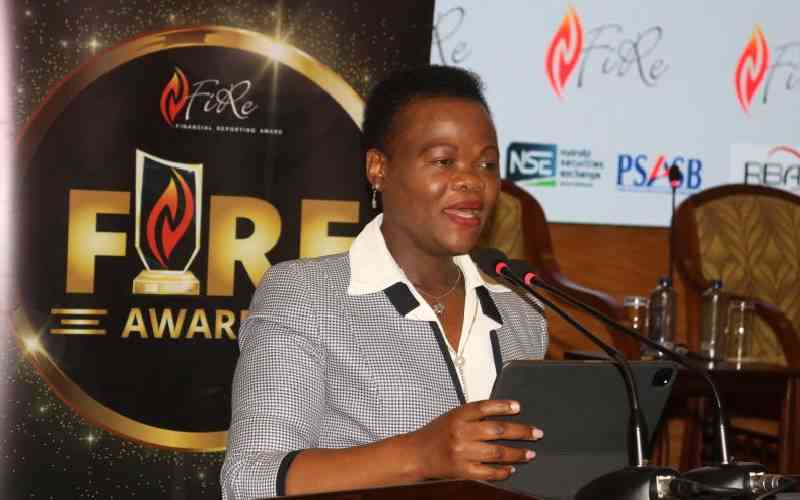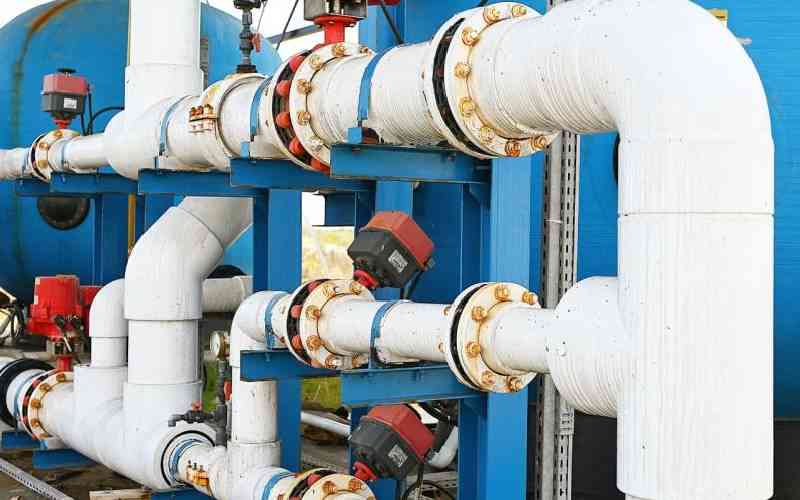
Water is one of the world’s most precious natural resources, so it goes without saying that it must be protected at all costs. In East Africa, increasing urbanisation, ageing infrastructure, and effects of climate change place a strain on water systems.
Smart water metering solutions are an innovative solution adding value beyond users’ expectations. Smart metering is a digital system that automatically measures and records water usage in real-time, eliminating the need for manual readings and reducing human error. However, it goes far beyond that.
Along with empowering utilities, businesses, and individual households to make informed decisions based on real-time data, it also helps to reduce non-revenue water costs. With reports indicating that approximately 47 per cent of the water released for distribution in Kenya remains unaccounted for, this is a key focus area.
By reducing these losses through improved leak detection, accurate metering, and real-time monitoring, water utilities can boost revenue collection and unlock greater funding opportunities for water infrastructure development. There’s also a broader context to be considered. Entities are increasingly being called upon to comply with Environmental, Social, and Governance (ESG) frameworks, and countries are expected to make meaningful contributions to the United Nations’ Sustainable Development Goals related to water access. In both instances, smart metering solutions provide the data that makes this possible.
Smart water management often takes the form of crucial partnerships between technology companies, such as Liquid Intelligent Technologies, and key stakeholders, including utilities, equipment suppliers, developers, and other relevant parties. These partnerships are the backbone of the outcome-advanced metering infrastructure, supported by robust IoT networks.
For instance, in one growing Kenyan urban hub designed to house a quarter of a million residents and workers, smart ultrasonic meters have automated the entire water monitoring process. Remote data collection, alerts, and real-time dashboards have replaced manual readings and paper reports. The system flags empty pipes or abnormal usage, enabling rapid intervention, reducing losses, and ensuring consistent service.
These digital tools are also proving invaluable in bringing water resources to rural and remote areas. Where traditional systems relied on consumer requests for new connections, municipalities now have a data-driven view of coverage gaps, thanks to geolocation data, consumption mapping, and water quality sensors, allowing them to plan accordingly.
Successful smart metering solutions depend on robust, secure connectivity and digital infrastructure. From real-time transmission from field devices to cloud-based platforms, this allows for continuous monitoring, data storage, and advanced analytics. Mobile apps and web dashboards then deliver these insights directly to decision-makers.
Technology providers like Liquid Intelligent Technologies not only supply the digital ecosystem and IoT infrastructure that makes this possible but also understand and anticipate the region’s challenges and tailor solutions accordingly. Used correctly, technology can manage and monitor this precious commodity, thereby safeguarding not only this life-giving resource but also human life.
The writer is acting Chief Executive Officer, Liquid Kenya
